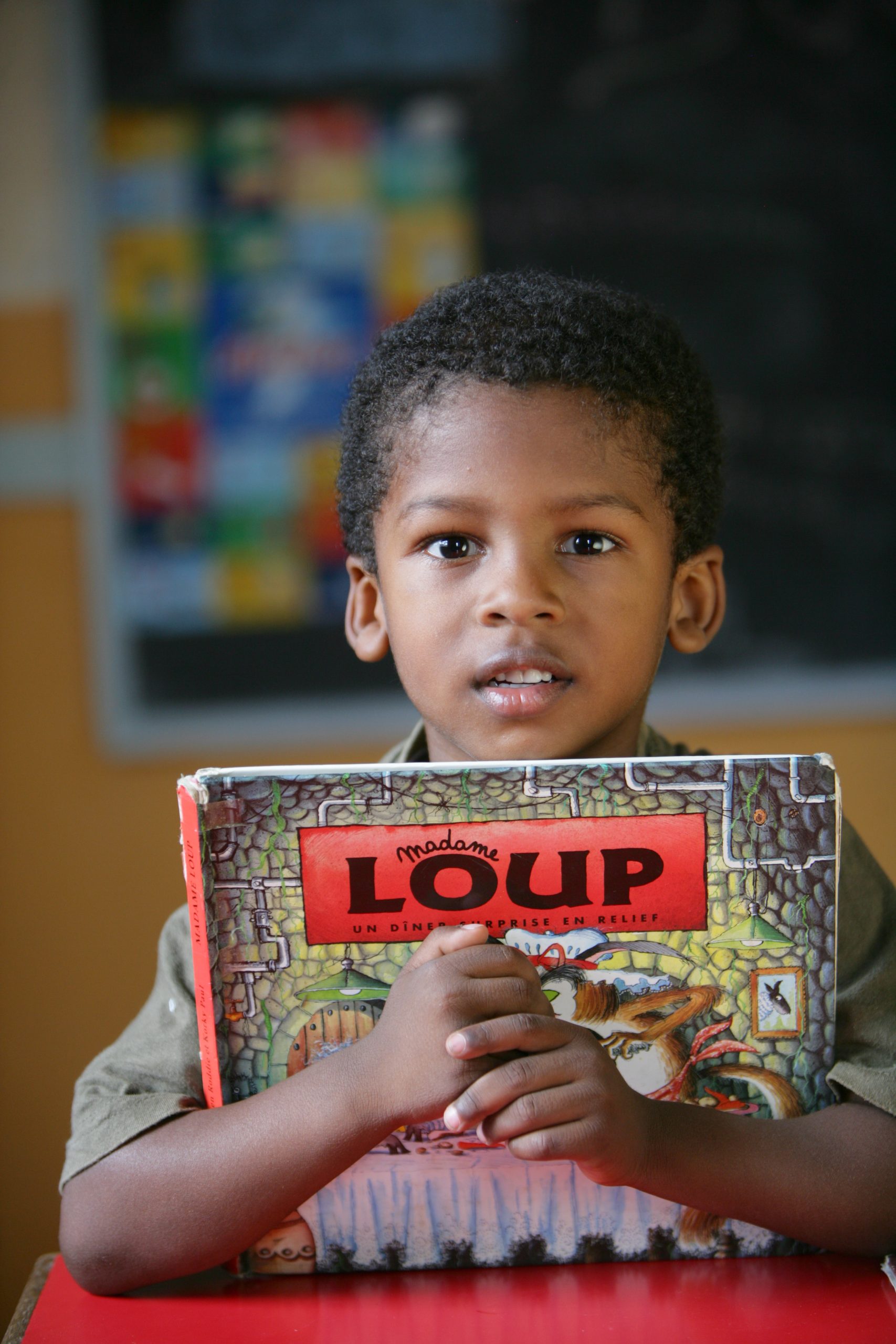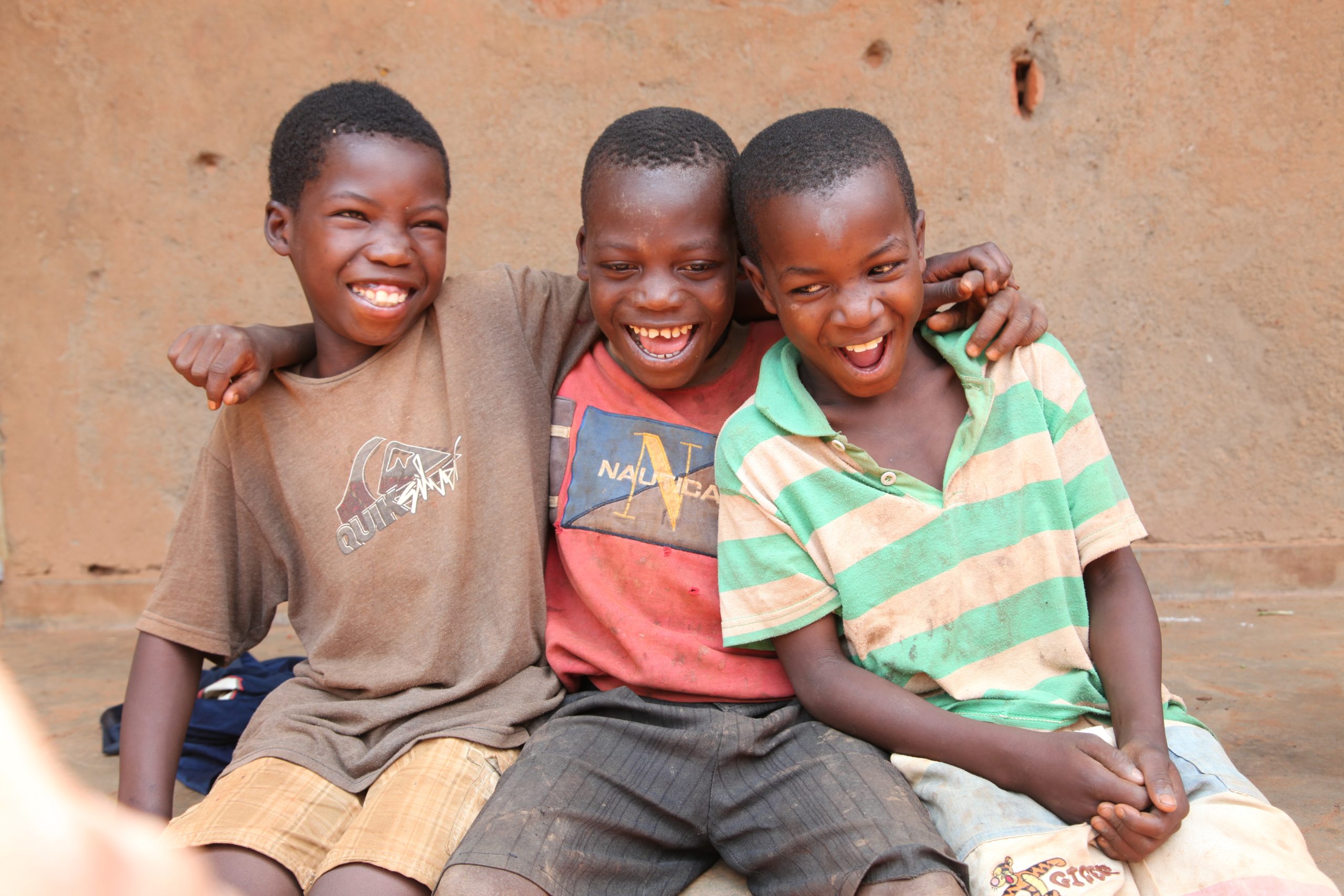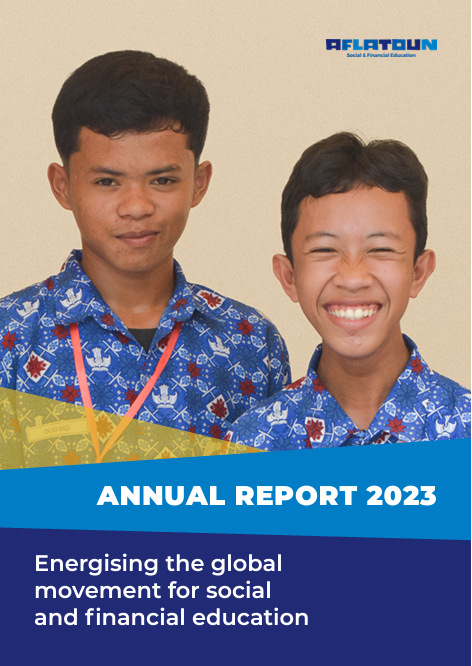Integrating AflaTeen+ Life Skills and Financial Education in Mozambique
Within the scope of the project “Economic Empowerment of Adolescent Girls in Sub-Saharan Africa”, supported by Sint Antonius Stichting, Aflatoun partnered with organisations in Mozambique, Zimbabwe, and Ivory Coast to scale up life skills and financial education for adolescents aged 14-19, both in and out of school, with a focus on gender.
The project’s goal was to economically empower adolescents with essential 21st-century skills, enabling them to make informed choices and create positive change for a brighter future that benefits their families and communities.

Mozambique presented an opportune moment to explore the national integration of social and financial education into the national curriculum, as the National Institute for Education and Development (INDE) was revising its national programmes for primary and secondary schools.
Collaborating with the local partner, Wona Sanana, Aflatoun approached the government to propose the inclusion of Aflatoun materials in the revision process. The initiative was positively received, leading to a series of discussions, workshops and steps to revision and integrate the AflaTeen programme, the curriculum targeting adolescents aged 13-16, into national education systems.
Why Investing in Social and Financial Education?
Investing in social and financial skills for young people is crucial for development, and empowering girls and women can have transformative effects on their lives, families, communities, and economies. As adolescents become consumers, workers, and active citizens, understanding money, resources, and markets becomes increasingly important. This knowledge significantly enhances their future prospects and prepares them for a complex job market. Additionally, essential 21st-century skills such as collaborative problem-solving and critical thinking are vital for educational systems to prepare youth for future challenges.
The AflaTeen+ programme exemplifies innovative education by equipping adolescents with transformational life skills and financial education. This approach not only enhances their prospects but also aligns with modern educational needs.
This project aimed to improve the prospects of adolescents by implementing and evaluating the AflaTeen+ curriculum. It guided them on a journey of learning and growth, unlocking their potential and equipping them to become change-makers in their communities. The programme helped them challenge restrictive gender norms, make informed health and financial decisions, and develop essential life skills.
Studies have shown that AflaTeen+ effectively enhances the social and financial capabilities of young people in challenging environments. By continuously adapting based on insights from multi-country research, the programme aims to refine its content, expand its reach, and maximize its impact. However, variability in outcomes across different domains and countries underscores the need for ongoing adjustments and context-specific strategies.
The Phases of National Integration
Initially, as part of the project, Aflatoun and Wona Sanana conducted two contextualisation workshops to adapt the AflaTeen curriculum to the needs, language and challenges of the local community, making it specifically relevant for the social and economic context of Mozambique.
Representatives of the Ministry of Education offices from three districts, the Curriculum Development Centre, and INDE participated in the second workshop. After reviewing the curriculum to ensure its alignment to the national programme, they found that AflaTeen could bring an added value to the children and youth of Mozambique.
Overall, they assessed that this approach improved the learning environment of the adolescents and they could be better supported by their family/guardians. From this workshop, a proposal to add materials with activities for adolescents with disabilities or special needs emerged.
This led to the organisation of a national integration-specific workshop with 11 government-selectedcurriculum experts. This workshop focused on reviewing the AflaTeen materials and exploring how to effectively integrate life skills and financial education into the curriculum revision.
As a result of this workshop, Aflatoun International, Wona Sanana and the Ministry of Education, represented by INDE, signed a Memorandum of Understanding to pave the way for a a country-wide access to schools and material integration.
A second validation workshop on Curriculum Development was held at the end of 2021. Hosted by INDE, it targeted technicians, specialists and Wona Sanana to review the final contextualised AflaTeen in Portuguese. INDE started the integration of the content in a transversal way in all 1st-cycle subjects (7th-12th grade).
Since 2022, the integrated materials have been rolled out. This is a major win towards learning and sustainability of projects and programmed, as every child in Mozambique attending school from grade 7-12 will now learn life skills and financial education through different subjects.

In partnership with:












